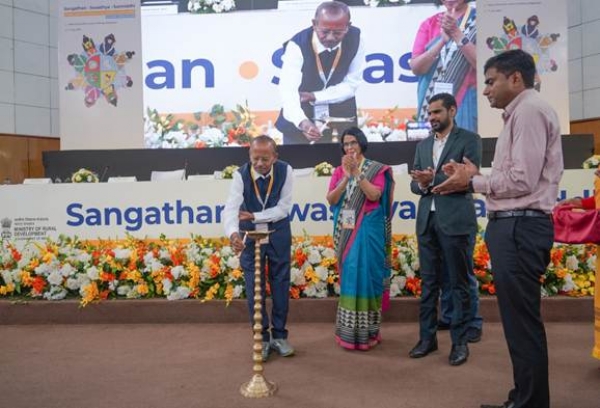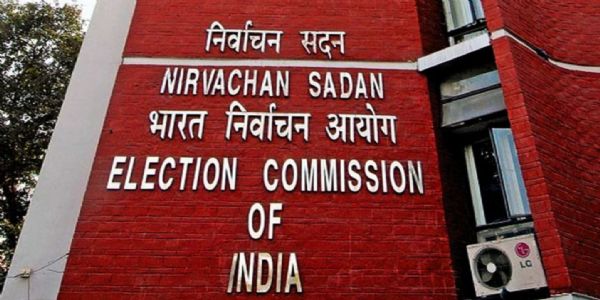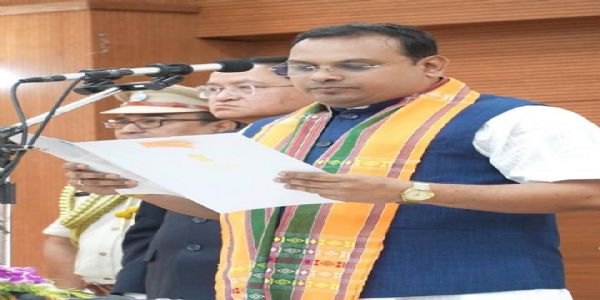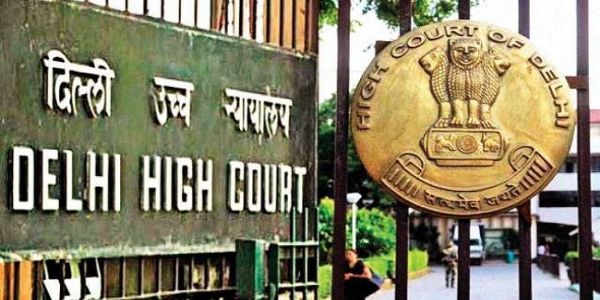
Delhi, 3 July (H.S.): The two-day Regional Workshop on Food, Nutrition, and Health organized by DAY-NRLM and the Meghalaya State Rural Livelihoods Mission on June 30th and July 1st, 2025, in Shillong aimed to strengthen interventions led by Self-Help Groups (SHGs), promote cross-learning among various states, and exemplify community-driven models throughout India. The workshop encouraged the integration of Food, Nutrition, Health, and WASH (FNHW) activities into the DAY-NRLM framework while enhancing collaborations with relevant departments and organizations.
Prominent officials, including N.N. Sinha and Smriti Sharan, attended and emphasized the importance of prioritizing human development and preventative health. Field visits on the first day allowed participants to engage with SHGs, observe effective community initiatives like transit homes and Agri-Nutrition Gardens, and gain insights into local challenges and solutions. The following day featured an impactful inaugural session, the launch of uniforms for Community Gender and Health Activists (CGHAs), and a panel discussion on state-specific FNHW efforts. An exhibition of FNHW practices facilitated extensive knowledge sharing among stakeholders.
Sinha underscored the role of SHGs as pivotal in service delivery and urged more investment in preventive health, while Sharan recognized CGHAs as crucial players in improving maternal and child health. Other panelists shared transformative experiences and showcased successful programs, such as Meghalaya’s shift towards community-led innovations leading to significant improvements in health outcomes and reductions in malnutrition.
Participating states, like Assam, presented their unique strategies and indicated substantial progress in social indicators related to health and livelihoods. Initiatives like SHG-run crèches and breastfeeding huts in East Khasi Hills were highlighted as examples of decentralized, convergent approaches to improving maternal and child health.
The workshop also addressed the aging rural population's needs via a session on elderly care, highlighting community-led care initiatives emerging from states like Kerala. The discussions culminated in an action plan emerging from a national conclave aimed at embedding FNHW policies into planning and capacity-building frameworks across states. Overall, the workshop fostered a collaborative environment, showcasing the intersection of health, nutrition, and livelihood enhancement in achieving sustainable development goals.
---------------
Hindusthan Samachar / Jun Sarkar







